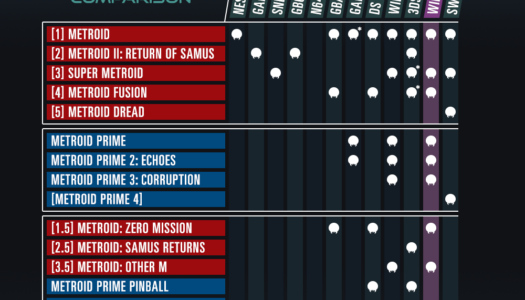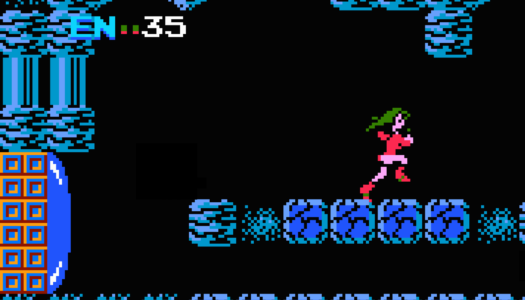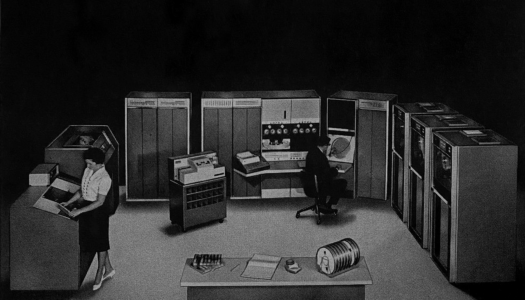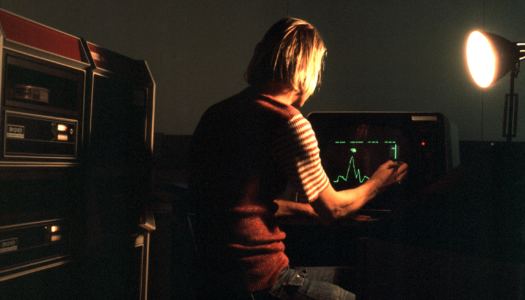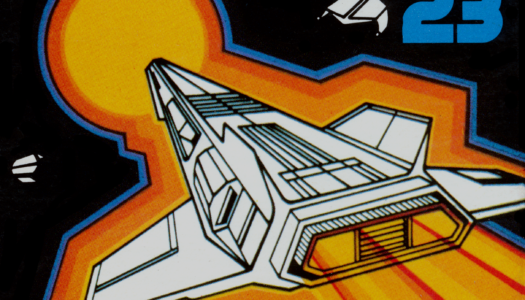Hotline Miami
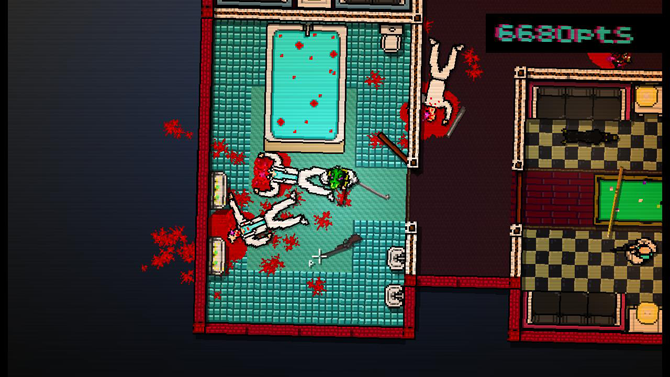
Publisher: Devolver Digital / Developer: Dennation Games / Platform: PC
I press my back up against the doorway to the next room. Three men on the other side. One is standing with his back to the door, another facing him. A third man – armed with a shotgun – stands in the corner. This would have to be fast. Clenching my fist harder around the metal pipe in my hand, I kick down the door, knocking the first man over. Before the third can react, I throw my pipe in his direction. The pipe connects with his head and knocks him over, affording me precious seconds. In the same motion I leap forward, plowing my fist into the second man’s head, splattering blood along the floor as he falls. The fight barely lasts a second. Not a sound is heard outside the room as I finish the job, ending each of their lives with a strong boot, each marking the dot in an ellipses that punctuates the rest of the night.
Hotline Miami is a game about killing. Beside the ultraviolent executions, acid-dipped visuals and thumping techno, Hotline Miami dares to explore what the act of mass homicide does to one’s mind. Clearly taking inspiration from the 2011 film Drive, the game uses ’80s techno, gruesome violence and rubber masks to show a dirty, unglorified side of underground crime, and while it may leave you asking a few more questions than it answered, the ride is very much worth the destination.
At its most basic, Hotline Miami is a top-down stealth puzzle game. You are presented with a building filled with murderous gangsters, and level-by-level, room-by-room must take them all down. Stealth isn’t a requirement, but due to the ruthless nature of the enemy and the fact that you – and they – die in one hit makes it more of a necessity. you start each level with nothing except your bare hands and a rubber animal mask (I’ll explain later). From there you’ll need to take someone out and steal his weapon. The first few levels follow this formula closely. Break in, knock a guy out, kill him with his own weapon, silently creep from room to room until everyone is dead.
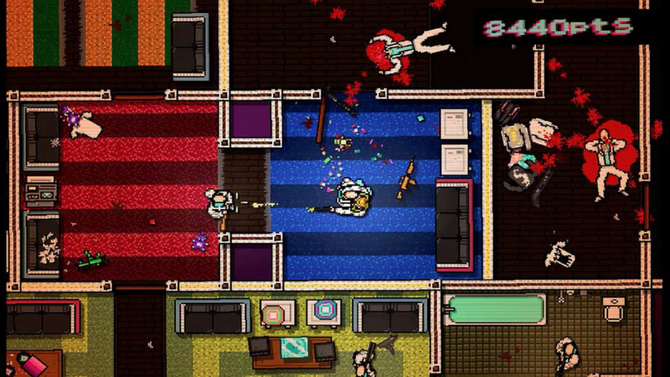
It isn’t until later on that the formula starts to break itself. Soon the “right path” isn’t so obvious. Later the path disappears entirely, making it impossible to clear out a room without being seen, but by that point that game has taught you enough to use the tools at your disposal to figure out a way. Sometimes being seen isn’t the end. Being seen means you’ll be followed. Being followed means you can wait around corners. The game induces a zen-like state seen mostly in games like Super Meat Boy or Unreal Tournament. The game is hard – many times unfair – but the quick die-retry-die cycle helps you learn. You start to memorize a path. Break down this door. Kill these guys. Take this weapon. Throw it here. The further you get, the more effortless the parts you’ve completed become. Its frustrating having to restart so close to the end, when something you swear should’ve hit didn’t. But ever time you fail, you learn.
Back to the masks. Each of them grant you different abilities, ranging from silencing all firearms to actually allowing you to start with a specific weapon. Wish you could kill people by kicking down doors? Try the horse mask. Want to make attack dogs more friendly? Try the dog mask. The masks help you form your own play style, and it can be fun retrying levels with different masks, just to see how differently it plays out.
Becoming a lightning-fast, silent machine of death may feel great, but Hotline Miami wastes no time in making you think about whether what you did was right. Did you need to kill those people? The only evidence you have is the same mysterious caller that gives you your mission. Each day you wake up in your dirty apartment to the phone ringing – another hit to perform – evidence of the main character’s careless lifestyle evident in the piles of trash accumulating day after day. The “daily life” sections in between each mission are strange and disjointed. Everyone you talk to looks exactly the same, and acts a little ways off from human. Its a detail purposefully put into the story. I really don’t want to spoil anything more than this, because once things start to fall apart its more fun if you have no idea what to expect. Hotline Miami‘s story is great, and contrasts incredibly well with the score-happy, ultraviolent gameplay.
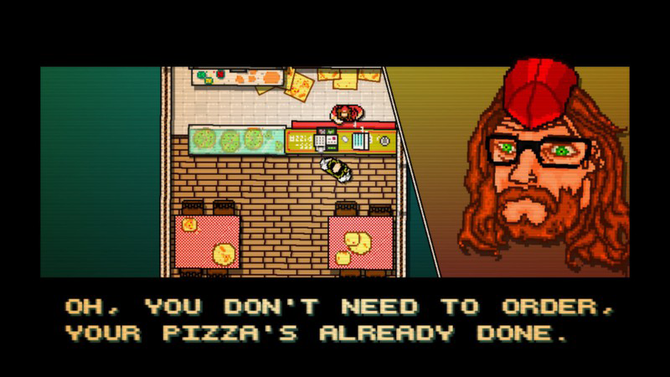
Like many of its other facets, Hotline Miami’s soundtrack blew me away as well. The acidic ’80s techno that blasts through each mission goes great with the pacing and tension. Trying time and again to get that last kill, and when the music finally stops and the soft, more calming music that plays upon completion of each chapter fades in, it feels like a sudden gasp of fresh air. The loud, heavily-distorted guitar track that plays during each of your meetings with the three mysterious mask-wearing characters over the course of the game is dark and unnerving. Each part of the soundtrack is perfect for the time in which it is presented.
Hotline Miami is a near masterpiece. The gameplay and story are constantly at odds with one another. You want to keep killing, but at the same time you want to stop after seeing what exactly its doing to the main character. It makes a great contrast, and it kept me engrossed all the way to the surprise ending. There are some issues here and there: hit detection can at times be a little off, and sometimes figuring out where exactly a projectile will land can be a little more difficult than it should be. These problems are barely a blemish on the blood-stained acid wash jeans of Hotline Miami. Play this game, especially before someone else spoils it for you.











